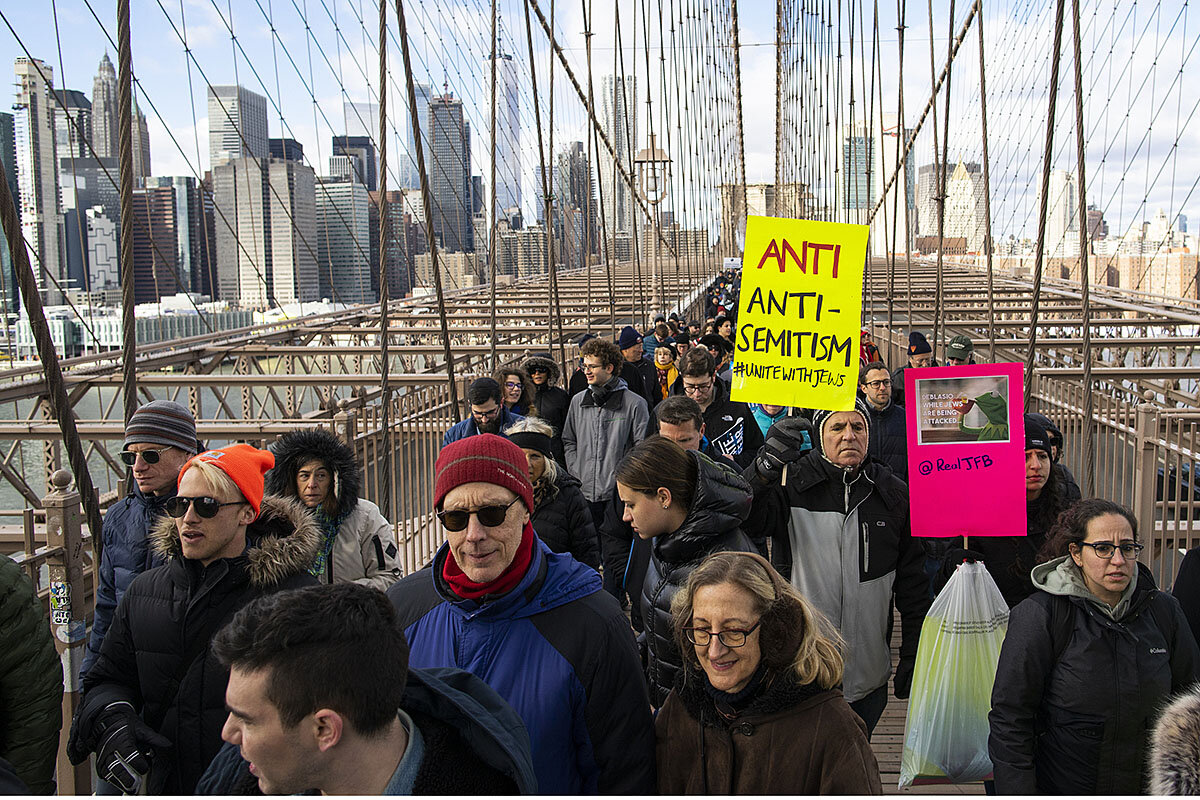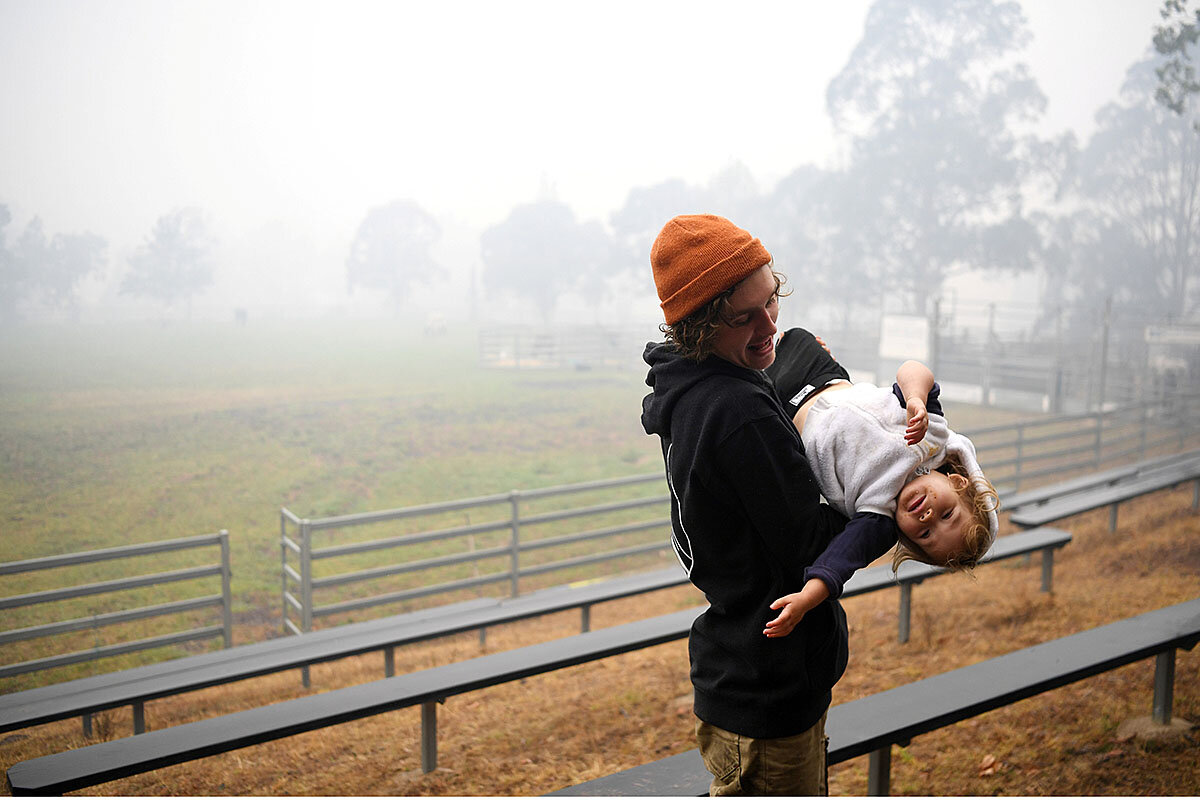Amid an escalation of strike and counterstrike, conflict between the U.S. and Iran may never reach a stage similar to a traditional war. But the risks from both physical and cyber attacks are very real.
Monitor Daily Podcast
- Follow us:
Today we look at cyberwarfare and the conflict with Iran, a pushback to anti-Semitism, why TikTok matters, women’s rights and religious sensibilities in Israel, and stewardship of the Amazon. But first: How do you open the door to better communication?
Americans sometimes joke that the only thing they agree on is that they’re too polarized to agree on anything. Or they’ll say they like their neighbor – but oh, those !
It’s a broad-brush dynamic that leads groups of all sorts to conclude that efforts to negotiate are a waste of time. And it’s one that Jeffrey Lees, a Harvard Business School doctoral candidate, and , an associate professor at the school, wanted to see if they could disrupt.
Americans are as portrayals indicate. But reducing intergroup conflict, which is often based on emotional, inaccurate beliefs rather than specific positions, appears daunting. As the academics , group stereotypes in a series of experiments they conducted were “pretty much as negative as possible.” But people overcame their mistrust once they saw others as individuals rather than blocs. And when cooperative scenarios replaced the assumption of conflict, “reconciliatory behavior” surfaced. “There’s a lot written about how people are totally insensitive to the truth when told that their beliefs are wrong,” Mr. Lees writes. “This suggests that’s not the case.”
As a on the Farnam Street blog put it: “Hold the door open for others, and they will open doors for you. ... By connecting in this way they trust you understand them and are actually looking out for their interests.”













